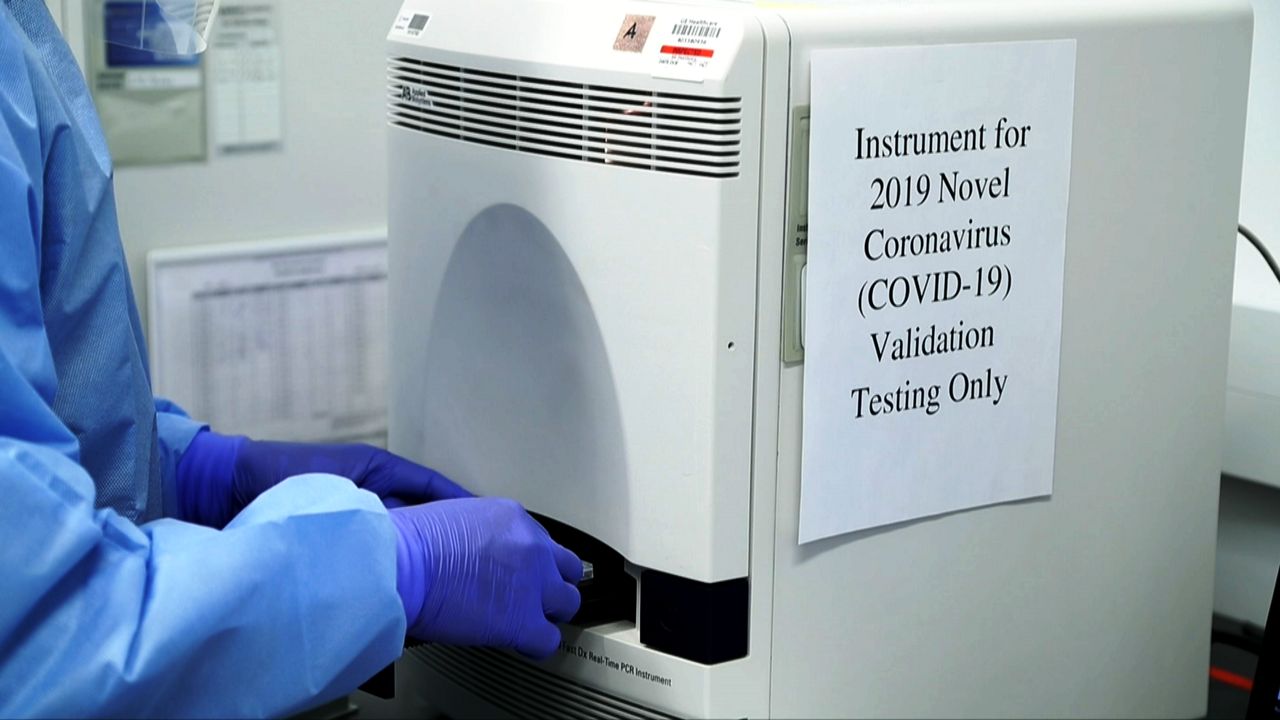The guidance from New York City health officials issued on March 20 was clear: health care facilities, it said, must immediately stop testing non-hospitalized patients for CVOID-19.
- LIVE UPDATES: Coronavirus in New York City
- LIVES LOST: Remembering Victims of the Coronavirus
- What to Do If You Test Positive for COVID-19
- CDC Coronavirus Page
- WHO Coronavirus Page
For all the rest who suspect they may have the virus but aren't sick enough to go to the hospital, getting tested was no longer an option.
"Whether or not someone who’s at home, not feeling well, honestly it doesn’t matter if they get a test because I want them to stay home. I want them to stay home until they're better,” New York City Health Commissioner Dr. Oxiris Barbot said last month at a news conference.
Coronavirus testing in the United States got off to a catastrophically slow start but quickly expanded in late February after the FDA relaxed regulations. The process, which involves a deep nasal swab, can now produce results within hours.
But in New York, the virus was soon so widespread, no amount of testing could contain it. And if those with mild or moderate symptoms went out seeking a test, they could expose others to infection. And, just as important, every test depletes the supply of personal protective equipment (PPE). A nationwide shortage of chemical ingredients used in testing has also posed a problem.
So the city moved to prioritize testing for only the sickest, most vulnerable patients, even aborting its rollout of four drive-thru testing locations like one at Jacobi Medical Center. The end result is that many who’ve fallen ill can’t get a test even as testing capacity has soared to more than 20,000 a day statewide.
"The number of people tested, again, is the highest rate in the country, and per-capita higher than China, per-capita higher than South Korea,” Gov. Andrew Cuomo said last week.
Increased capacity did allow the city to begin offering tests to its own health care workers last week.
And if it seems many New Yorkers who contracted coronavirus will never know for sure, that could change with the recent emergence of antibody tests, which can identify those who survived the virus and built up some immunity to it. That could allow those individuals to return more quickly to work and normal life. And even more important, new experimental treatment could potentially use their blood plasma to help those are sick fight off the virus.
------
FURTHER CORONAVIRUS COVERAGE
What to Do If You Test Positive for COVID-19
How Hospitals Protect Against the Spread of Coronavirus
Coronavirus Likely Spreads Without Symptoms
Coronavirus: The Fight to Breathe
Cuomo Orders Non-Essential Workers to Stay Home
NYC Businesses to Be Fined If Caught Price Gouging Face Masks
MTA Crews Cleaning to Prevent Coronavirus Spread
Cuomo Granted Broad New Powers as New York Tackles Coronavirus
